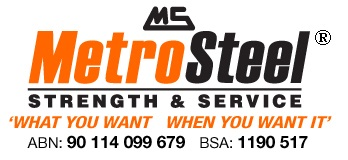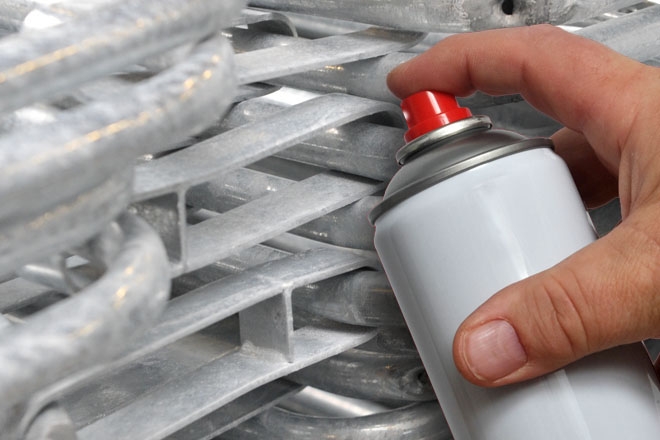When metal is exposed to elements such as moisture, oxidation, salt spray, plus an array of environmental and industrial chemicals, it can and will corrode. Even stainless steel (which is pretty resilient to stains and corrosion) can and will rust eventually. With this in mind, in order to prolong the life of any metal, particularly when it’s used outdoors, it needs protecting. This is where anti-corrosion treatment can help. So what exactly is it?
In essence, anti-corrosive treatments form a protective layer so that any harmful elements are stopped from attacking the surface of the metal itself. This ensures that the product in question has the longest possible life span. There are a wide variety of anti-corrosive coatings ranging from paints and primers to resins and epoxy coatings. All are designed to carry out a different task depending upon what environment the metal is likely to be situated in. For this reason it’s essential to understand the types of environmental problems the metal could be facing.
The 3 main types of anti-corrosion explained
Most metal fabricators will utilise 3 main types of anti-corrosion and are also the most commonly used. These are:
-
Sacrificial
-
Barrier and
-
Fluoropolymer coatings
Let’s take a closer look at each one in turn…
Barrier coatings – As the name suggests barrier coatings provide a barrier or shield between the environmental hazards and the metal. This is characterised in processes such as hot-dipping and thermal sprays.
Fluoropolymer coatings – These work in exactly the same way as barrier coatings but form a thicker protective layer (usually up to 800 microns). This is ideal for metals operating in extremely harsh or aggressive environments and are characterised by thermal spraying techniques.
Sacrificial Coatings – Sacrificial coatings also form a protective barrier, however this barrier is designed to corrode in preference to the metal substrate underneath. These are perfect for metal structure and components working in offshore environments where salt-spray and salt water present aggressive issues for unprotected metal. Sacrificial coatings are usually characterised by zinc coating methods.
Although anti-corrosion treatment can seem relatively complex to the ley person the bottom line is that as long as you match the right coating method to the right environment, then irrespective of whether you use paint, primer, resin, or epoxy coating, you should get the necessary protection that you need.
If you’re unsure about the type of anti-corrosion you need, then come and talk to Metro Steel. In addition to fabricating metal our team are also highly experienced in anti-corrosion techniques. As such we’re more than happy to talk to you about your project. To find out more, either pop into our Deception Bay fab shop at Kabi Circuit, or contact us directly on 07 3204 1000 today. On behalf of the Metro Steel team, we look forward to hearing from you.
 Talk to an Expert (07) 3204 1000
Talk to an Expert (07) 3204 1000 Working Hours - Mon – Fri 7:30 AM – 4:30 PM
Working Hours - Mon – Fri 7:30 AM – 4:30 PM
